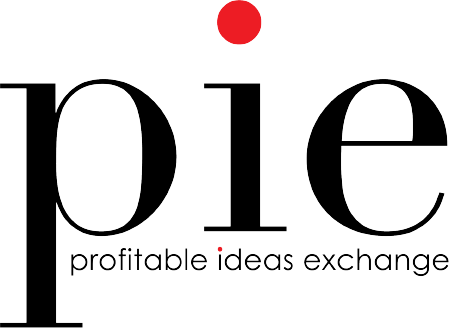Originally in Chief Executive
Much of traditional professional services marketing activity has come to a halt at the hands of the pandemic, creating a golden opportunity for marketers to pivot and become great enablers of growth. Jacob Parks discusses how leveraging a zero-based approach will allow marketers to reimagine their role and empower significant contributions to the bottom line.
A few years back, I reached out to the chief marketing officer of a mid-sized consulting firm to ask for her views on business development and cross-selling for a book I was co-writing.
“Thanks for the opportunity,” she replied, “but I don’t do that – it’s the partners’ job.”
Her response summed up the chasm that has long existed between marketing and sales at professional services firms. Marketing’s role has generally been to build the company’s brand by creating websites and working on digital engagement as well as organizing conferences and sponsorships.
The work of turning branding into concrete business leads and sales is most often left to the partners themselves. If that divide seemed dated before, the Covid-19 pandemic has made it look positively prehistoric.
The shutdown has laid waste to the large swath of the marketing department’s role that involved organizing any kind of physical event, from dinners, to conferences or golf tournaments. At the same time, it’s presenting a golden opportunity for marketers in professional services to reimagine their role and really move the needle on how they contribute to the bottom line and measure their impact.
The concept of zero-based budgeting was born in the late 1960s at Texas Instruments to make business units justify their spending from scratch each year, breaking the habit of automatic incremental increases.
It’s an approach that I believe will serve marketers at professional services firms well right now. Rather than taking a business-as-usual approach with a few tweaks, it’s time to re-think their spending priorities and the way they provide value to the business from the ground up.
The events of 2020 are a great opportunity for people in marketing to step back and ask themselves what aspects of their spending are actually working and what measurements they can put in place to track their impact. Marketing impact has always been notoriously difficult to measure, but new tools and technologies are making that an increasingly poor excuse.
Professional services marketers have taken their share of criticism, fair or not, for focusing too much on “vanity” metrics, such as how many people attended a webinar, how many opened a PDF file they shared, or how good was the wine served at that pre-Covid-19 dinner.
Those aren’t the right questions to be asking. The guiding question should be how effectively any effort deepened the firm’s relationship with key decision-makers.
Rather than casting a wide net, marketers should get busy going after the people who actually matter. A webinar attended by a hundred grad students using it to finish their thesis is going to be a lot less fruitful that one attended by half a dozen CFOs.
Marketers should focus energy around crystallizing the business outcome they’re aiming to achieve from any investment and how they’re going to measure against that.
The pandemic has resulted in a flood of digital content like webinars, making it vital to think of ways to offer something that stands out and genuinely engages decision-makers. It’s important to make sure you have the right content, the right audience and a means of following up to gauge the impact on business development.
One way is to ask prospects to contribute to research on a subject they care about and then present your overall findings back to them, making them an active participant in bespoke content rather than a passive audience. It’s the difference between a one-sided conversation and a dialogue that your firm is underwriting, gaining trust and credibility with the most important players.
Marketers can apply the same principles to building the firm’s brand through advertising. I see a lot of branding by professional services firms that doesn’t seem to have put much thought into how it aligns with what they do.
Golf sponsorships are a prime example. There’s nothing wrong with them per se, but I would question whether marketing departments are making sure the sponsorship is genuinely moving the needle on the brand. Are they, for example, doing charity events in the golfer’s local community and making sure that key people who actually like golf are attending?
Marketing departments should also be encouraging effective top-of-the-funnel activities that engage buyers at an early stage. Joining charity boards or company boards are great examples of networking that can enable partners to showcase their skills to people who matter as opposed to just telling them about those skills.
Fundamentally, a zero-based marketing approach really just requires marketers to re-examine what they’re doing and zero out the things that don’t work. It’s a big opportunity for them to provide a more intelligent framework for new business prospects and be more effective enablers of growth.


